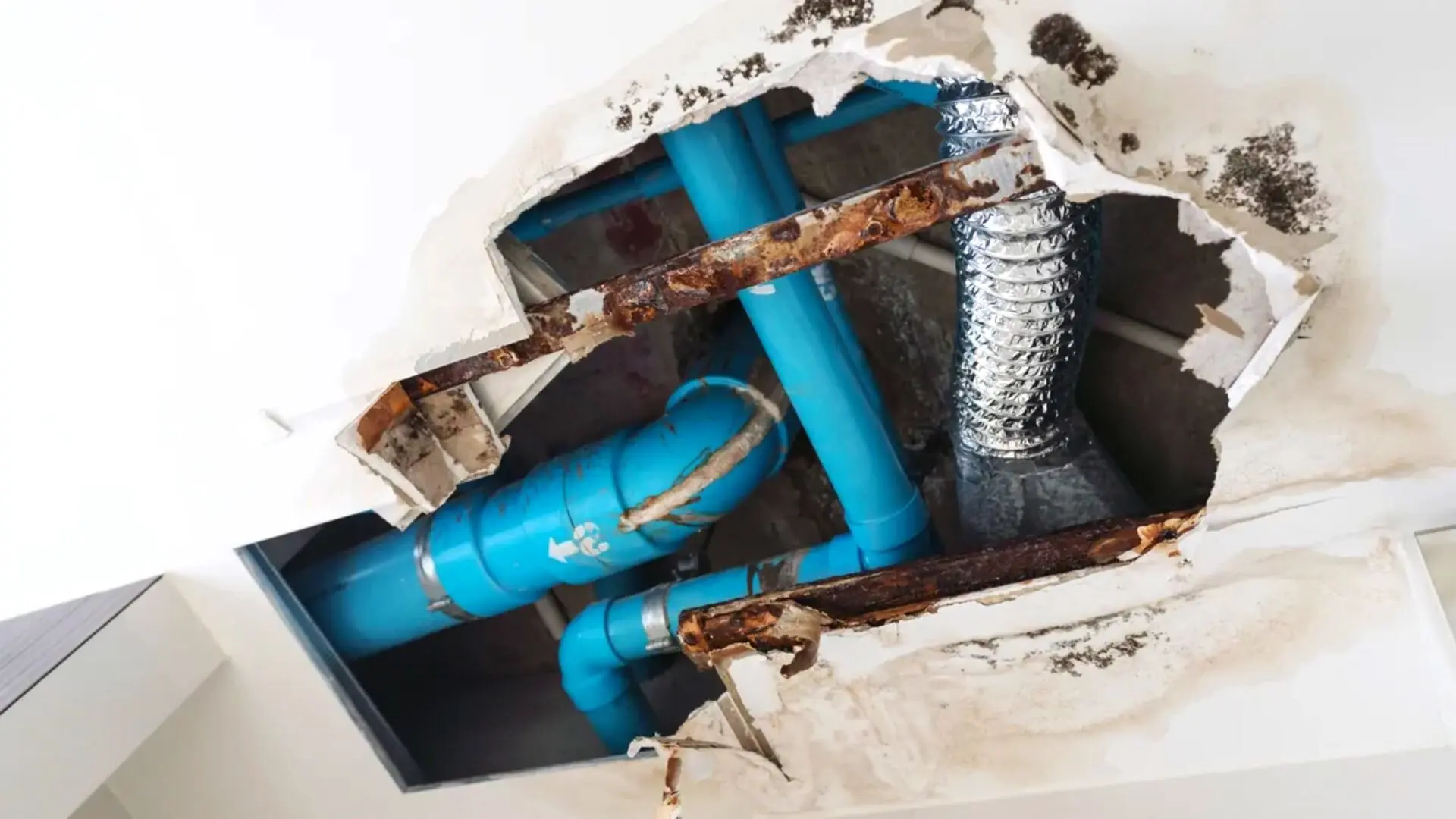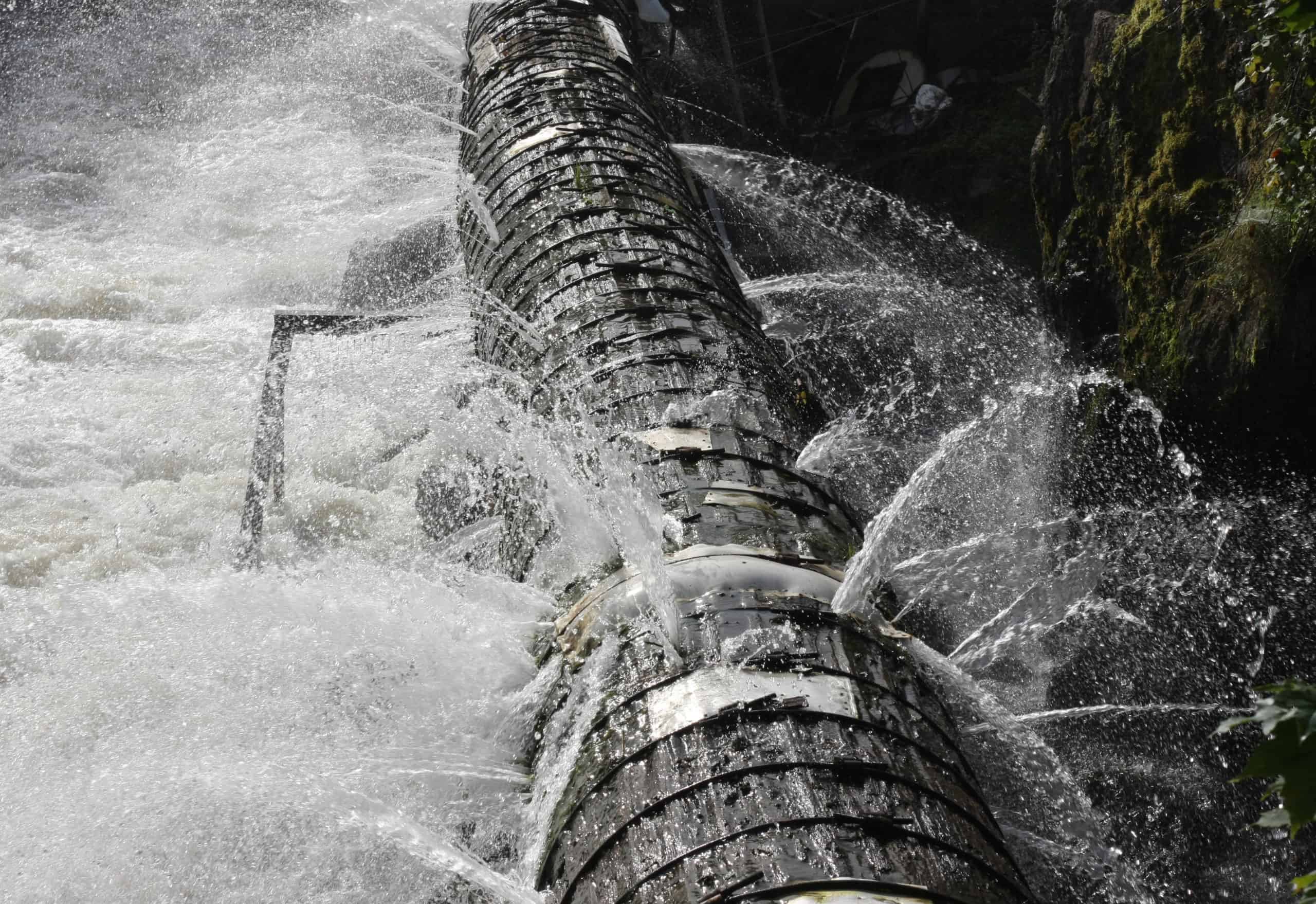Preventing Ruptured Pipes: Important Tips to Protect Your Plumbing
Stopping ruptured pipes is a vital worry for homeowners, particularly throughout chillier months when the danger of freezing is heightened. Carrying out calculated actions such as appropriate insulation, regular examinations, and preserving consistent indoor temperatures can significantly lower the likelihood of pipe failing.
Understand Pipe Vulnerabilities
Understanding pipe vulnerabilities is vital for reliable pipes upkeep and protecting against expensive damages. Several aspects add to the sensitivity of pipelines to ruptureds, including material composition, age, and ecological conditions. Older pipes, especially those made from galvanized steel or polybutylene, usually deteriorate over time, resulting in increased threat of leakages and ruptures.
Temperature level variations can likewise significantly effect pipe honesty. In cooler environments, water trapped in pipelines can ice up, exerting and increasing pressure on the pipe wall surfaces, which might ultimately bring about a burst. Additionally, high water pressure can stress pipes, specifically at bends and joints, heightening the likelihood of failure.

Insulate Piping Appropriately
Appropriate insulation of pipes is vital for avoiding freezing and succeeding ruptureds throughout winter (burst pipe). Insulating your plumbing system properly safeguards versus temperature level goes down that can bring about costly damages. Begin by identifying susceptible locations where pipelines are exposed to exterior temperatures, such as cellars, attic rooms, and outside walls
Usage foam pipeline insulation sleeves or cover insulation tape around these areas to give a safety barrier. Make sure that all areas of the pipelines, specifically those with restricted heat exposure, obtain sufficient insulation. Pay special focus to joints and fittings, as these are more vulnerable to freezing.
When shielding, it's necessary to select materials that meet local building ordinance and are suitable for the details atmosphere. For circumstances, fiberglass insulation is commonly suggested for its thermal resistance residential or commercial properties - burst pipe. Additionally, think about making use of heat cords or tape in extreme problems, which can be connected in to give additional warm
Routinely check shielded pipelines for any type of signs of wear or damage, as compromised insulation can reduce its effectiveness. By taking these aggressive actions, you significantly reduce the threat of pipeline bursts, making certain a reputable pipes system throughout the cold weather.
Maintain Constant Temperature
A secure interior temperature level is vital for preventing burst pipelines throughout the freezing months. When temperature levels decrease, water within pipelines can ice up, increasing and developing stress that may eventually cause the pipes to burst. To minimize this danger, house owners ought to keep a regular temperature throughout their home, ideally no less than 55 ° F(13 ° C)Utilizing a programmable thermostat can aid manage interior temperatures properly, guaranteeing that rooms with plumbing remain warm also when your home is vacant. Pay unique attention to locations that are a lot more susceptible to cold, such as cellars, attic rooms, and garages. Maintaining cabinet doors open under sinks can also permit warmer air from the home to flow around plumbing.
On top of that, it is sensible to permit faucets to drip a little throughout extreme cold snaps. This small circulation of water can protect against freezing by minimizing pressure within the pipelines. Throughout specifically extreme weather condition events, consider temporarily suspending any type of nighttime troubles on your thermostat to preserve a stable warm atmosphere. By carrying out these methods, property owners can dramatically lower the threat of pipe ruptureds and guard their pipes systems versus the harsh winter months elements.
Frequently Inspect Pipes
Routine examinations of plumbing systems are important for stopping ruptured pipelines and maintaining general home stability. Regular checks enable house owners to recognize prospective problems before they escalate right into expensive repair services or significant water damage. During these assessments, it is vital to analyze noticeable pipelines for signs of deterioration, leaks, or use. Pay special interest to areas prone to freezing, such as basements, attics, and outside wall surfaces.
Furthermore, inspecting links and joints is essential, as these points are usually prone to leaks. Homeowners need to likewise assess water pressure levels, as excessive pressure can stress the plumbing system and boost the danger of pipe bursts.
Take into consideration scheduling specialist pipes examinations at the very least annually, specifically prior to wintertime, to guarantee your system is prepared for colder temperature levels. Normal examinations not just help in determining instant concerns however also foster lasting maintenance techniques that can boost the life expectancy of your plumbing system. By being aggressive in your technique, you can safeguard your home against the disruptive and costly consequences of ruptured pipes. Focusing on pipes examinations is an investment in your home's health and wellness.
Know Emergency Treatments
Understanding emergency situation procedures is crucial for every homeowner, specifically after conducting normal pipes evaluations. Being prepared for a plumbing emergency can dramatically minimize damages and save prices.
Following, maintain essential tools helpful. A plumbing emergency situation package need to consist of a wrench, plunger, and towels, as well as a explanation flashlight and a pail for small leaks. Additionally, consider having the call information for a relied on plumber easily available, must the circumstance intensify past your control.
If Recommended Site you detect a leak or ruptured pipeline, right away switch off the water supply and notify your plumbing technician. Record the damages with pictures for insurance objectives. Recognize the indications of prospective plumbing issues, such as uncommon water stress changes or damp places on walls
Eventually, positive understanding and swift action are critical in managing plumbing emergency situations, guaranteeing your home continues to be protected and lessening potential damage.

Conclusion
Finally, avoiding burst pipes necessitates a complex approach that includes understanding pipe vulnerabilities, proper insulation, preserving consistent indoor temperatures, routine examinations, and knowledge of emergency situation procedures. By implementing these vital methods, the danger of plumbing failings can be significantly minimized, thereby ensuring the durability and effectiveness of the plumbing system. Positive procedures not only protect versus possible damages however also add to total water conservation and the defense of home.
In colder environments, water caught in pipes can ice up, increasing and applying stress on the pipe wall surfaces, which might ultimately lead to a ruptured. When temperature levels decline, water within pipelines can ice up, creating and broadening pressure that might eventually create the pipelines to burst. By executing these strategies, house owners can significantly minimize the risk of pipeline bursts and secure their plumbing systems versus Discover More the extreme wintertime aspects.
